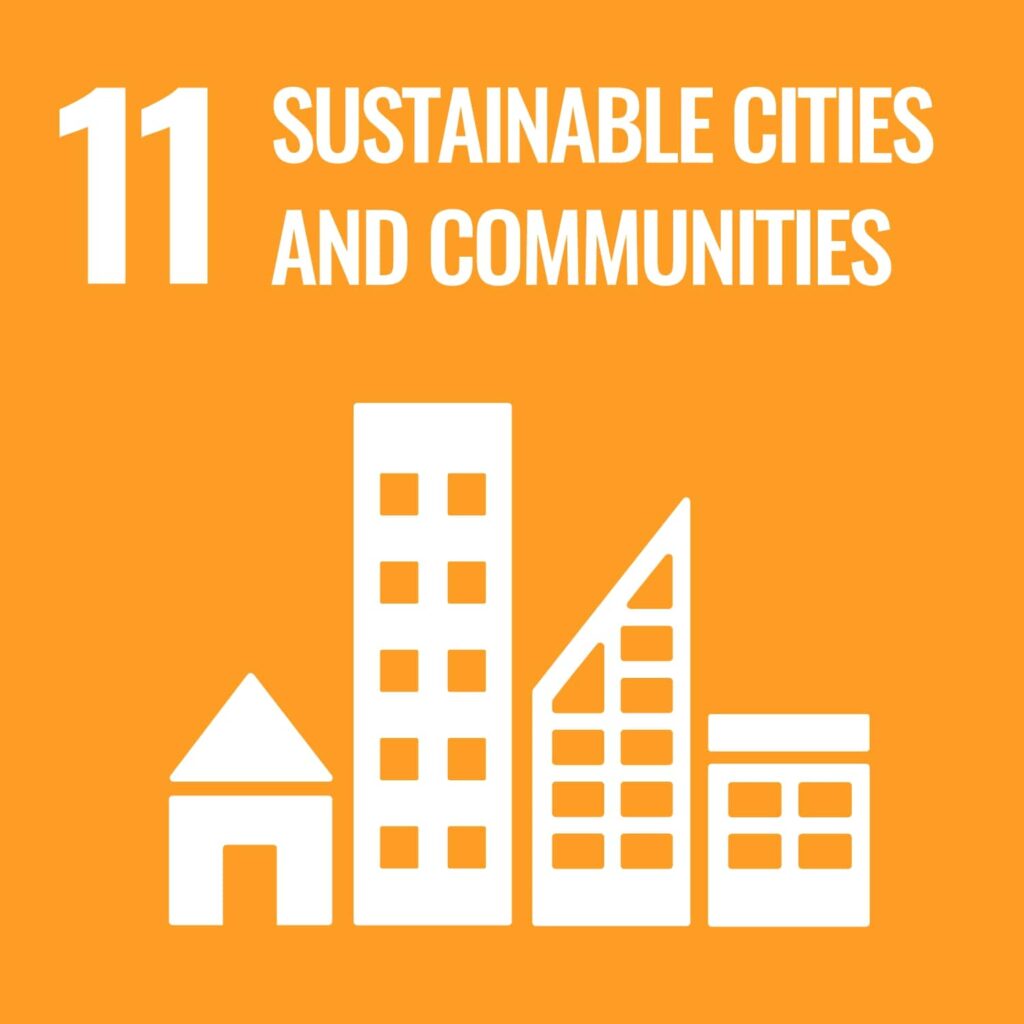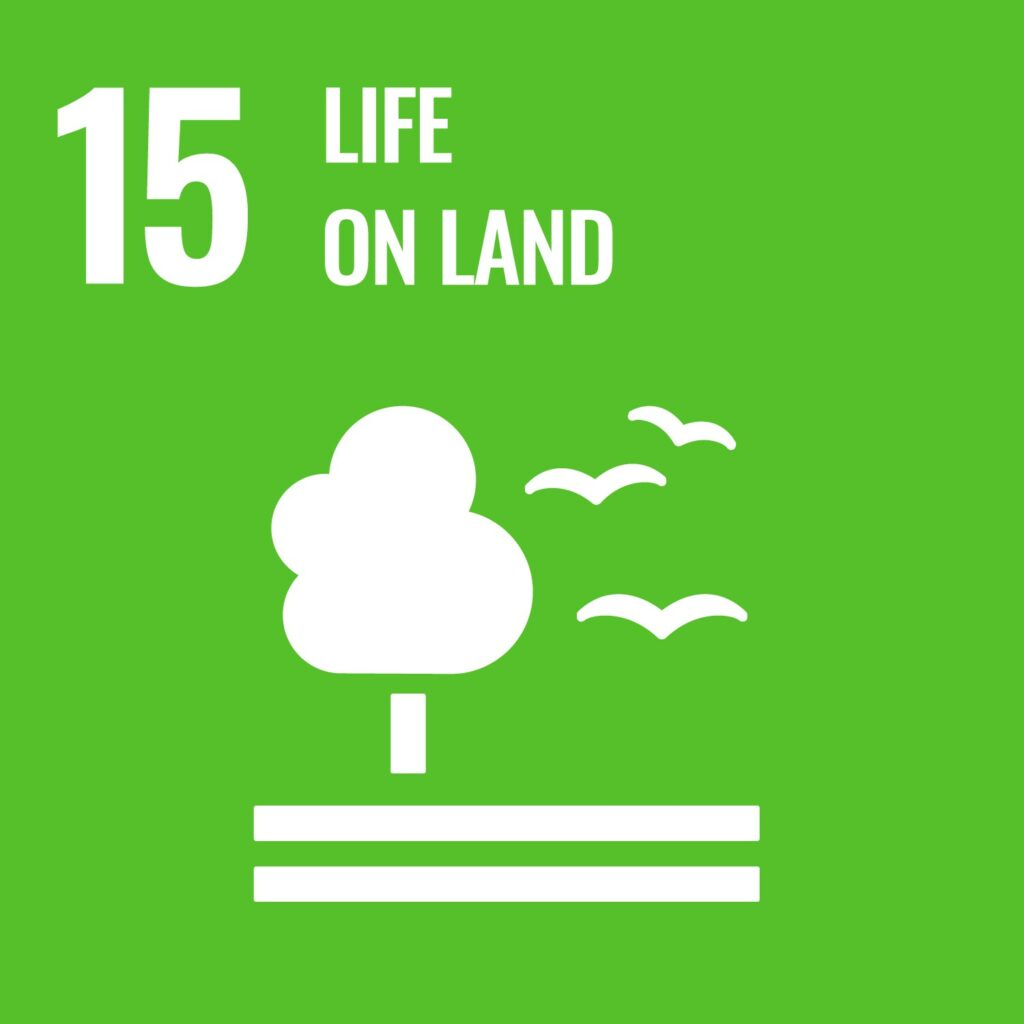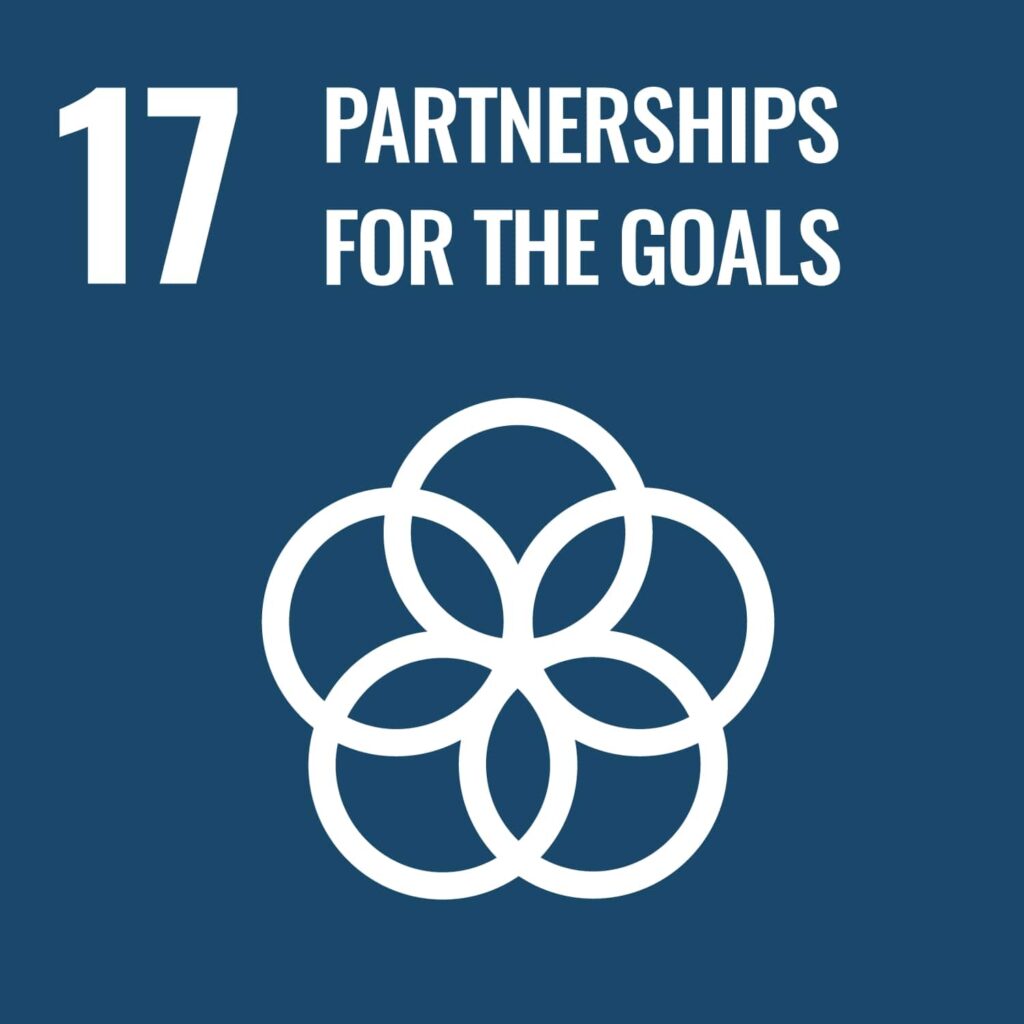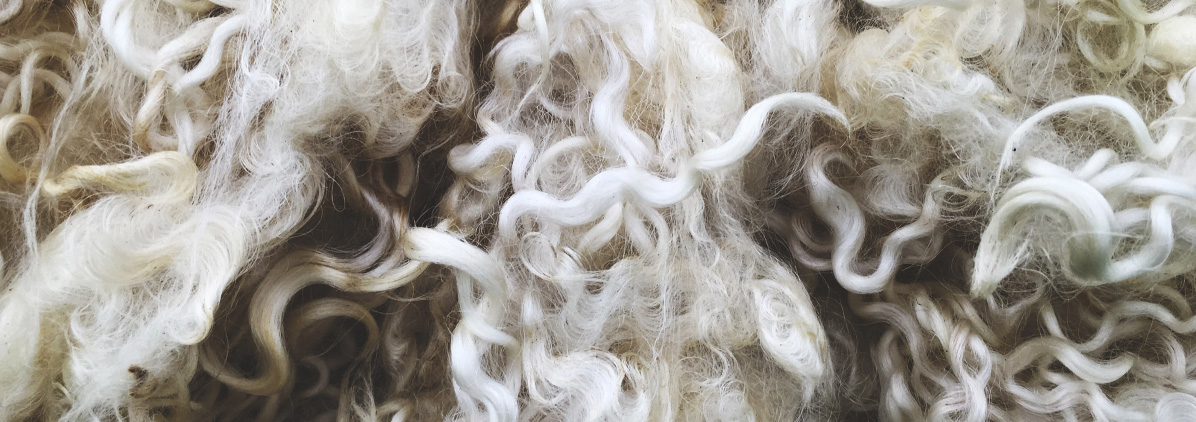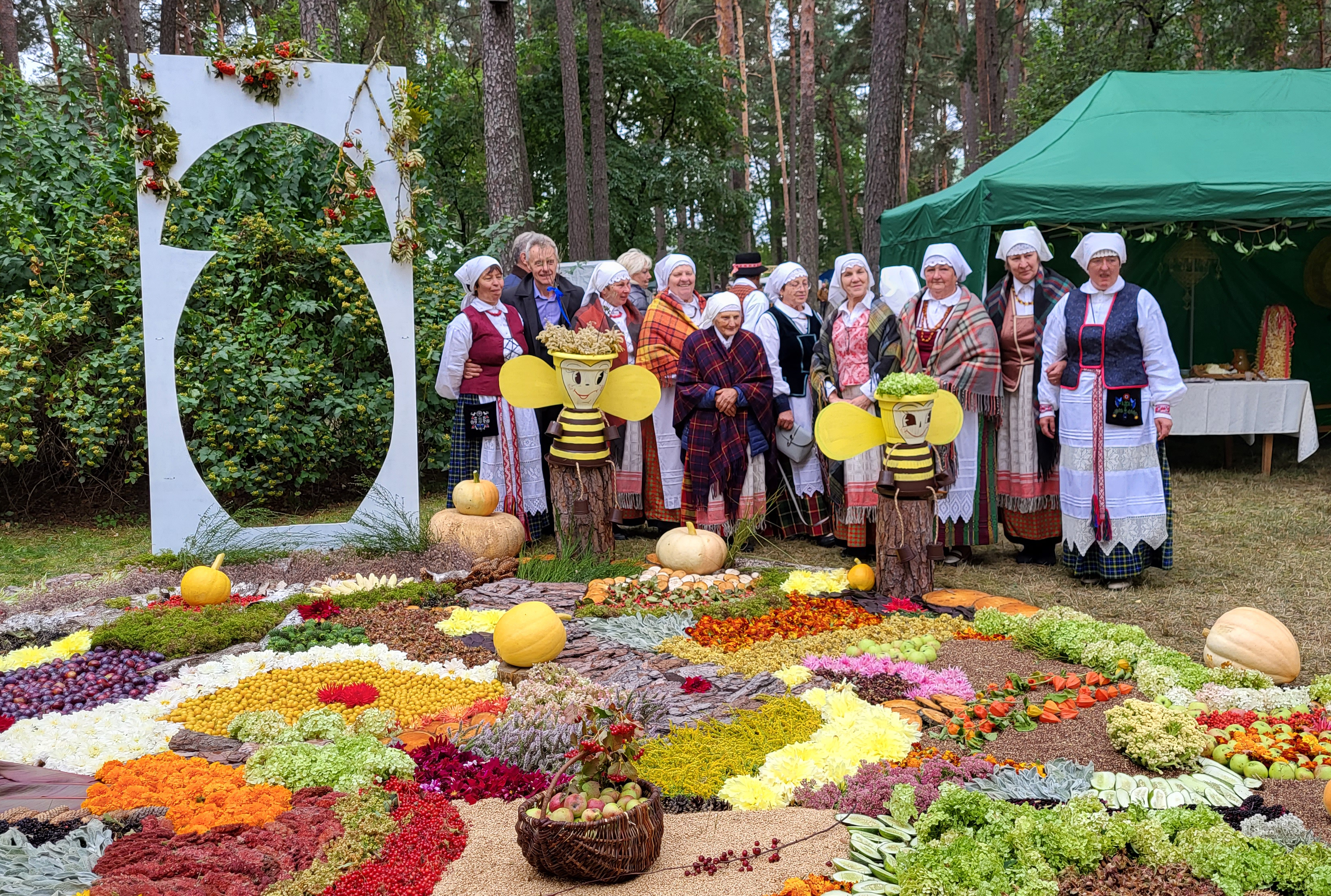
The Dzūkija region in southern Lithuania, the area of the pilot project, is well-known as a place of strong traditional communities safeguarding various elements of living cultural heritage, including a particular approach and appreciation of mushroom picking. Even if the mushroom picking tradition is practiced throughout all regions of Lithuania, it is mostly associated with Dzūkija region abundant in forests, biological and cultural diversity. In 2021 a šiliniai dzūkai (inhabitants of Southern forested Dzūkija region) mushroom picking tradition was inscribed on the National Inventory of Intangible Cultural Heritage. During preparatory inter-institutional discussions focused on collecting good ICH safeguarding practices in Lithuania, the Varėna Mushroom Festival (organised since 1987) has been raised as a valued local event focused on living heritage.
The pilot project managers proposed to the main organisations and communities involved in the mushroom festival management to gather and to reflect on the structure and the process of the festival to find out new sustainable approaches and to strengthen links among all stakeholders for better networking.
The project aimed to achieve two main goals: finalising concrete proposals for sustainability and enhancing awareness of the mushroom picking tradition, and building an interinstitutional network of stakeholders involved in tradition preservation.
During preparatory inter-institutional discussions focused on collecting good ICH safeguarding practices in Lithuania, the Varėna Mushroom Festival (organised since 1987) has been raised as a valued local event focused on ICH. The aim now was to gather and to reflect on the structure and the process of the festival in order to find out new sustainable approaches and to strengthen links among all stakeholders for better networking.
The pilot project started with a workshop on developing a more sustainable approach to organising the Varėna Mushroom Festival. The workshop opened with general presentations about the LIVIND project and about the history and structure of the Varėna Mushroom Festival. For the discussion part, professional facilitators invited the participants to interaction using various methods of design thinking, storytelling, and the world café for raising creative and sustainable ideas.
Using facilitators in the workshop proved to be a good choice especially for mediating between the different points of view and understandings about sustainability and how to emphasise cultural and ecological sustainability. There were different opinions also about the need to introduce changes in the festival programme. Through discussions, simulations of different roles, exchanges of thoughts and ideas from different perspectives, there were finally collected six sets of concrete proposals and recommendations on sustainability that were addressed to the organisers of the festival.
Following the first workshop, a group of experts, including organisers of the pilot project, visited the Varėna Mushroom Festival (autumn 2022) for making observations of the event in the form of textual reflections and photos reflecting various sustainability aspects on place. This material was used for discussions and reflections among the festival stakeholders during the second two-day workshop that was held in October, after the festival.
The final, two-day workshop was dedicated to build on the outcomes of the first workshop and observations made by the experts during their visit to the Mushroom Festival to collect and summarise the final proposals for the new sustainability plan. On the second day, the outcomes of the pilot project were presented to the policy makers of the Varėna municipality.
The proposal for recommendations was translated, as an addition to the original version in Lithuanian, into English and developed into a publication. The final version was enhanced by adding a list of festivals and celebrations related to forest and mushroom picking in Europe and North America to offer examples for comparison, learning, and networking. The recommendations document was delivered to the festival stakeholders and the Varėna municipality.
As a summary of the whole, a 15-minutes video based on the interviews of the participants and the coordinators of the project, with subtitles in English, was produced and published on the pilot project organisers’ Youtube channel. (https://www.youtube.com/watch?v=YVSRrk4INbA)
The pilot project addressed sustainability concerns and enhanced awareness of the šiliniai dzūkai mushroom picking tradition. By fostering dialogue and collaboration among stakeholders, it laid the groundwork for more inclusive and sustainable cultural events in the region. The project’s impact extends beyond the festival, offering recommendations that can be adopted for the safeguarding of intangible cultural heritage in other communities.
The direct results of the pilot project count the two workshops and the expert excursion for the observation of the mushroom festival. Together these undertakings, with the help of professional facilitation, led to the publication of a concrete recommendations for integrating sustainability into the Varėna Mushroom Festival and fostering awareness about the mushroom picking tradition.
The pilot project supported and increased the interaction and understanding between the different stakeholders of the festival. Stakeholders re-evaluated the festival’s impact and ownership of the tradition, which led to improvements in the festival programme. The pilot project managers witnessed increased cooperation among the stakeholders, and expressed their hope that the recommendations would be applied in the future festivals and in the safeguarding of the tradition. One participant summarised: “International projects, such as LIVIND, encourage to think broader, to seek new opportunities and partners. Creative processes start. In fact, they’ve developed during this project, they are beneficial. We just need to implement the ideas.”
The pilot project referred mostly to Sustainable Development Goals 11 (sustainable cities and communities), 15 (life on land), and 17 (partnerships).
Pilot project manager: Lithuanian National Commission for UNESCO https://www.unesco.lt/ together with Lithuanian National Culture Centre https://lnkc.lt/go.php/lit/img/113139
